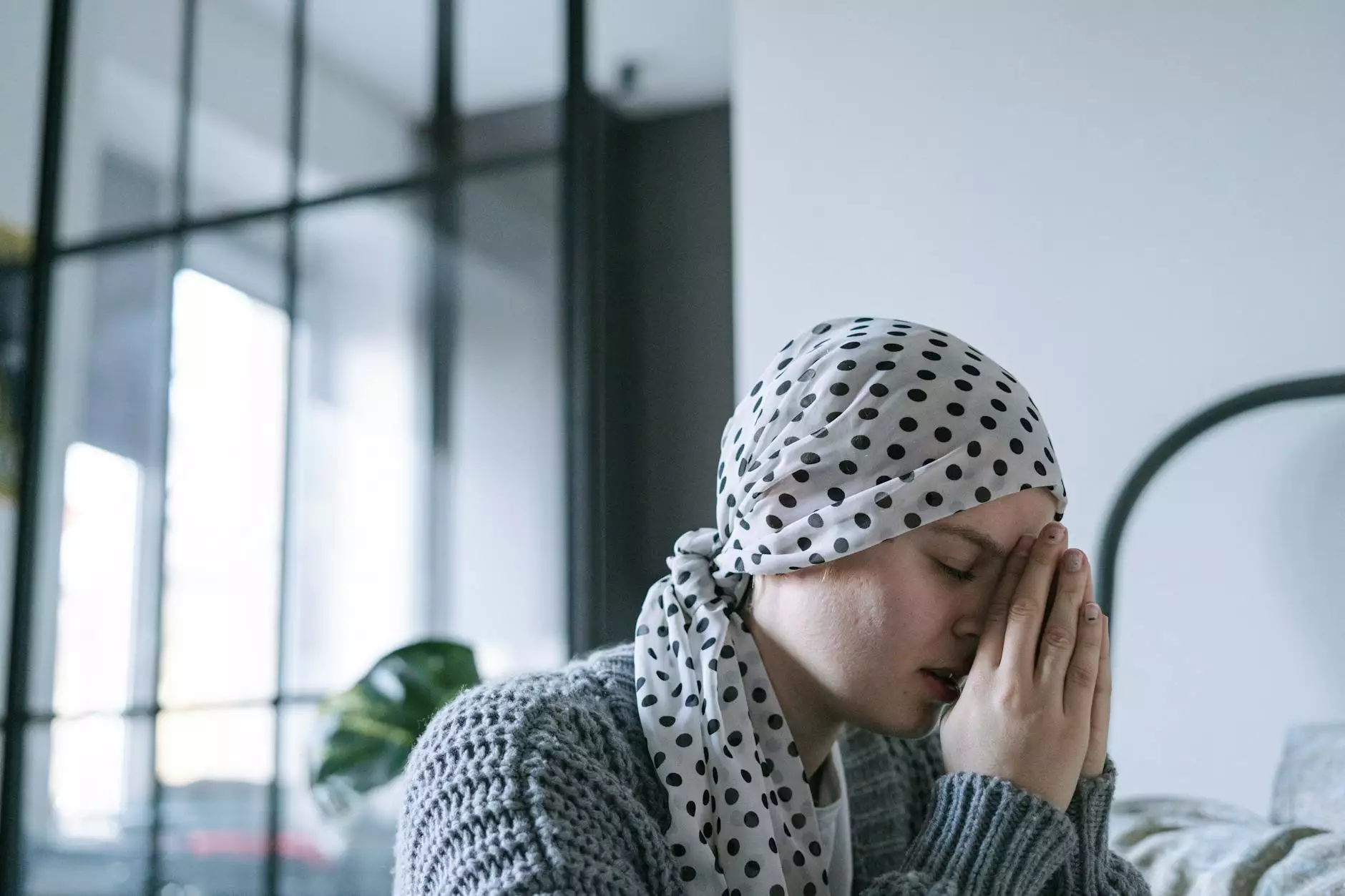The Essential Role of Cancer Oncology Clinics in Patient Care

In the realm of health and medical treatment, few areas are as crucial as those dedicated to battling cancer. Cancer oncology clinics serve an indispensable function in the modern medical landscape, offering specialized care tailored to patients confronting one of life’s most daunting diagnoses. This article delves deep into the purpose, components, and benefits of these specialized clinics, shedding light on their significance in managing cancer effectively.
Understanding Cancer Oncology Clinics
Cancer oncology clinics are healthcare facilities that specialize in the diagnosis, treatment, and management of cancer. These clinics are staffed by teams of dedicated professionals, including oncologists, nurses, radiologists, and other specialists who are committed to providing comprehensive care. The aim is to deliver not only effective treatments but also to support patients and their families through the entire process of cancer care.
The Functionality of Cancer Oncology Clinics
These clinics operate with several core functions in mind:
- Diagnosis: Utilizing advanced imaging and testing techniques to confirm the presence of cancer.
- Treatment Planning: Developing a personalized treatment plan based on the specific type and stage of cancer.
- Medical Interventions: Administering treatments such as chemotherapy, radiation therapy, and immunotherapy.
- Support Services: Offering psychological support, nutritional counseling, and palliative care to enhance the patient experience.
- Follow-Up Care: Ensuring ongoing monitoring and adjustment of treatment plans as necessary.
What to Expect at a Cancer Oncology Clinic
For patients and their families, understanding what to expect at a cancer oncology clinic can help alleviate anxiety and prepare for the journey ahead. Here are the typical steps involved:
Initial Consultation
Your first visit will likely involve a detailed consultation with an oncologist. This is where you will discuss your medical history, symptoms, and any previous treatments. The doctor will also perform a physical examination and may order additional tests to confirm the diagnosis.
Diagnostic Testing
After the initial consultation, diagnostic tests such as biopsies, blood tests, and imaging scans (like MRIs and CT scans) may be needed. These tests are crucial for determining the type and extent of cancer.
Treatment Options
Once a diagnosis is confirmed, your oncologist will present a variety of treatment options. This may include:
- Surgery: Removing tumors or affected tissues.
- Chemotherapy: The use of drugs to kill cancer cells.
- Radiation Therapy: Targeted radiation to shrink or eliminate tumors.
- Targeted Therapy: Medications that target specific pathways or markers in cancer cells.
- Immunotherapy: Boosting the body’s immune response against cancer.
The Importance of Multidisciplinary Care
A key strength of cancer oncology clinics is the collaborative approach to patient care. Oncologists work closely with a team of specialists to ensure patients receive the most effective treatments. This multidisciplinary care model includes:
- Medical Oncologists: Specialists in the treatment of cancer using chemotherapy and other medical therapies.
- Radiation Oncologists: Experts in treating cancer with radiation.
- Surgeons: Physicians focused on surgical interventions for cancer.
- Nurses: Providing vital patient care and support.
- Social Workers: Helping patients navigate the emotional, financial, and logistical aspects of cancer treatment.
Comprehensive Support Services
Understanding that cancer affects not just the body but the mind and spirit as well, cancer oncology clinics offer numerous support services:
- Nutritional Support: Customized diet plans to support health during treatment.
- Palliative Care: Ensuring comfort and quality of life through symptom management.
- Counseling Services: Emotional support for patients and their families.
- Rehabilitation Services: Physical therapy to help regain strength and mobility.
Why Choose a Specialized Cancer Oncology Clinic?
Choosing the right facility for cancer treatment is a crucial decision. Here are several reasons why opting for a specialized cancer oncology clinic can make a significant difference in patient outcomes:
- Access to Expertise: Specialized clinics are staffed by professionals with extensive training and experience in oncology.
- Advanced Technology: Many oncology clinics feature cutting-edge technology that enhances diagnostics and treatment precision.
- Research and Clinical Trials: Patients may have access to the latest research breakthroughs and innovative treatment options.
- Holistic Approach: A focus on addressing the whole person rather than just the disease.
Financial Considerations and Insurance
One of the considerations patients must address when selecting a cancer oncology clinic is the financial aspect. Cancer treatment can be a significant expense, and navigating insurance coverage can be complex. Here are some tips to help manage these concerns:
- Verify Insurance Coverage: Ensure the clinic accepts your insurance and understand what is covered.
- Discuss Financial Options: Many clinics offer financial counseling and assistance programs.
- Explore Clinical Trials: Participation may provide access to cutting-edge treatments at reduced costs.
Future of Cancer Care in Oncology Clinics
The future of cancer care in cancer oncology clinics is promising, with advancements in technology and treatment methodologies poised to improve outcomes immensely. Emerging trends include:
- Personalized Medicine: Tailoring treatments based on individual genetic profiles to enhance effectiveness.
- Telemedicine: Offering remote consultations and follow-up care for increased convenience.
- Integrative Oncology: Combining conventional treatments with holistic approaches such as nutrition and mindfulness.
Conclusion
In summary, cancer oncology clinics play a vital role in providing specialized care for cancer patients. With a multidisciplinary team that addresses not just the physical but also the emotional and psychological aspects of cancer treatment, these clinics are essential for effective cancer management. Adopting evidence-based practices, utilizing cutting-edge technology, and providing comprehensive support, oncology clinics ensure patients receive the highest quality of care possible.
By choosing a specialized cancer clinic, patients can navigate the complexities of cancer treatment with confidence and support, ultimately achieving better outcomes in their battle against cancer.









